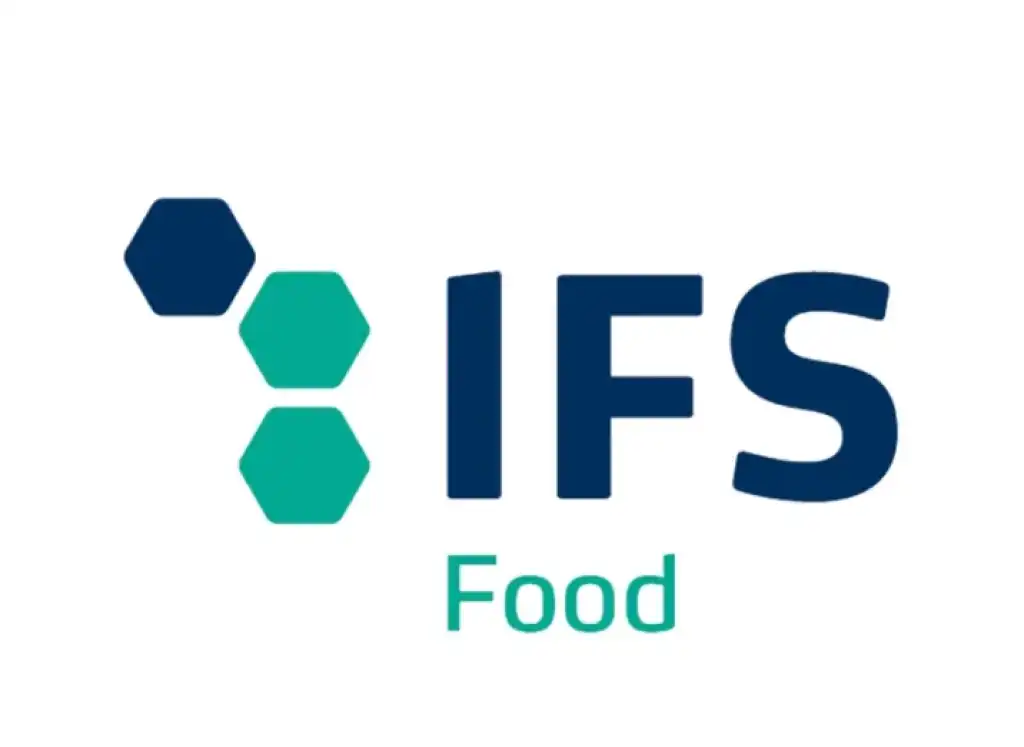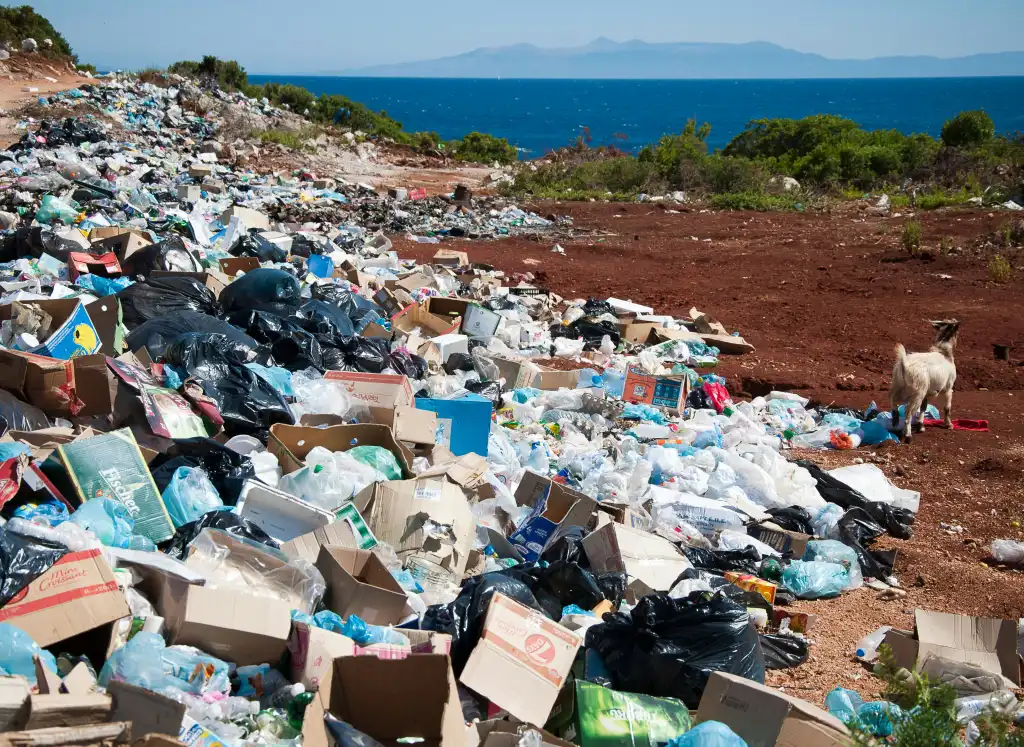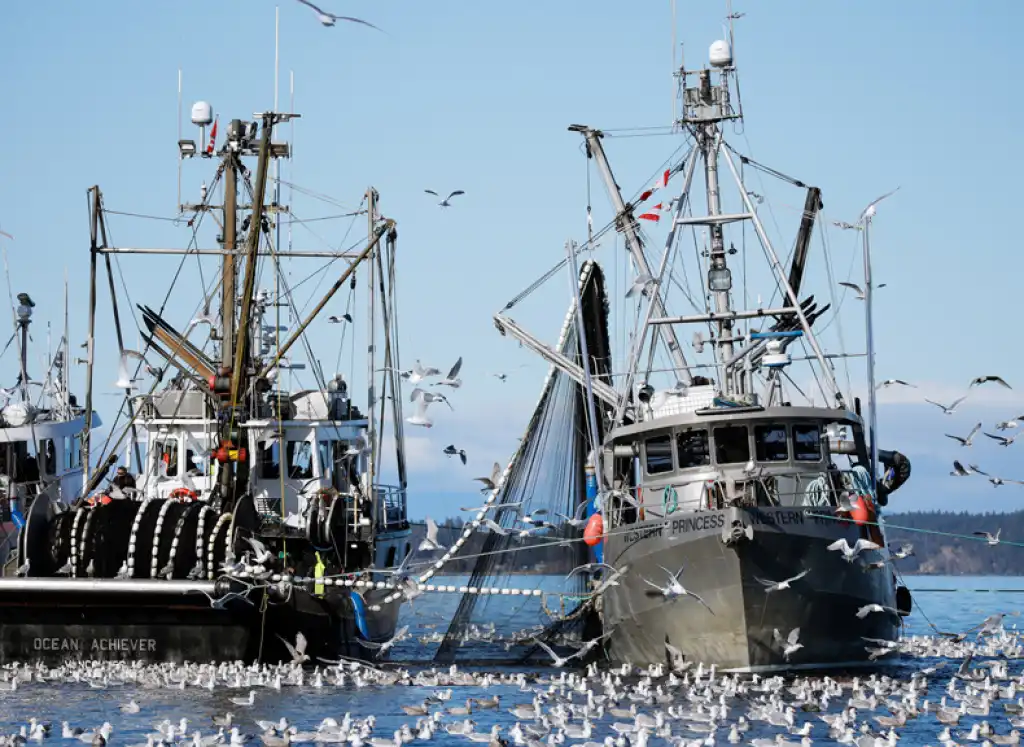Francis and universal environmental responsibility
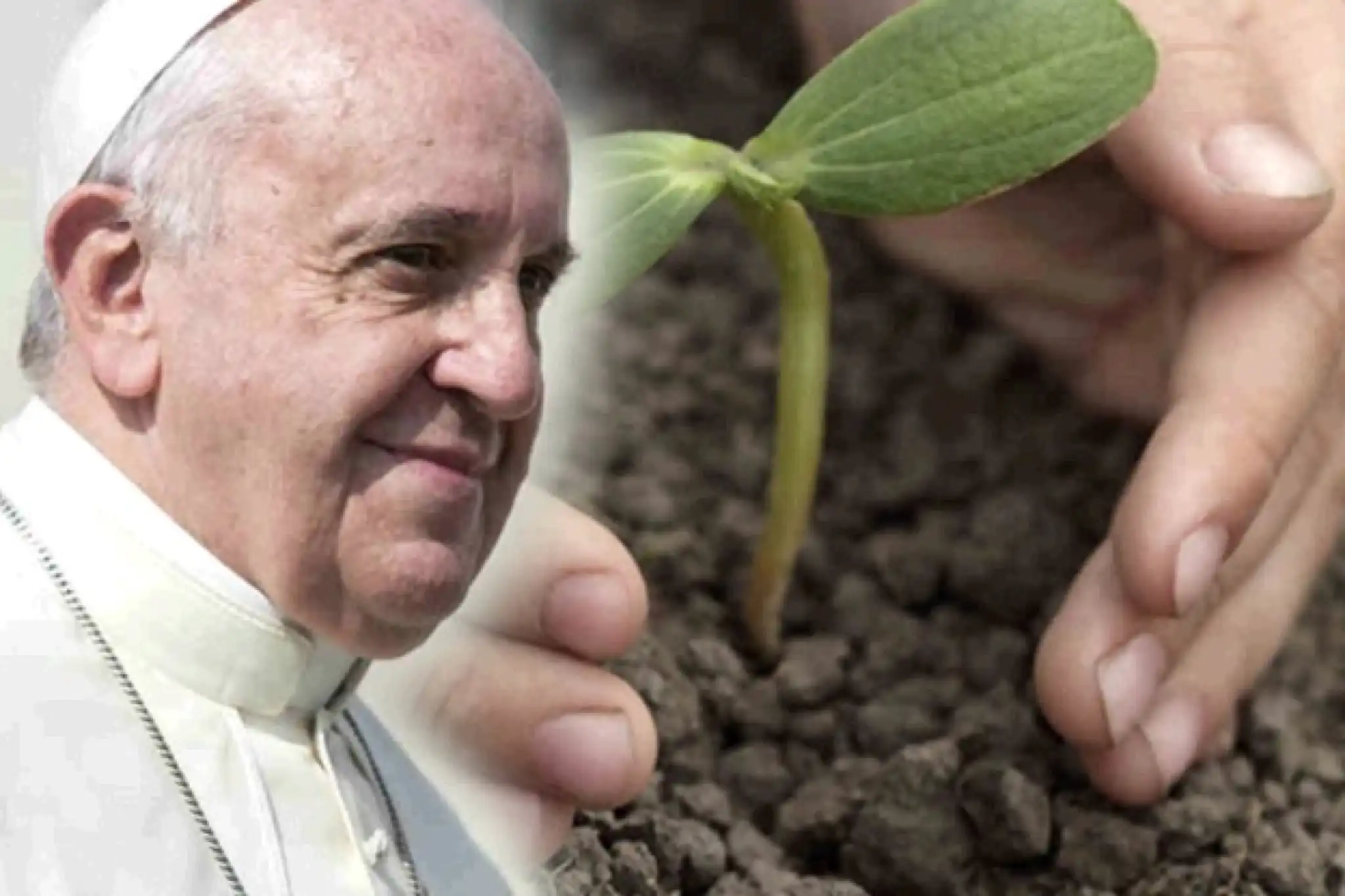
A legacy of integral ecology
Pope Francis leaves to Leo XIV a dossier of primary importance in the field of environmental sustainability, with particular attention to the production and trade of food. Through key documents such as the encyclical Laudato si’ (2015) and the apostolic exhortation Laudate Deum (2023), Francis set out a vision of “integral ecology” that weaves together care for creation with social justice, placing food at the centre of this reflection.
Food as a right, not a commodity
The first South American pontiff, spiritually formed by the Exercitia of Saint Ignatius and pastoral work in the Argentine peripheries, Francis strongly denounced speculation in food, declaring: “Food must not be an object of speculation”, since it is “a fundamental good for all” and must not be treated as “a commodity for the few”.
Bergoglio also denounced as “a scandal” the fact that major producers “encourage compulsive consumerism to enrich themselves, without even considering the real needs of human beings”.
Words of unusual severity and clarity for a contemporary pope, but clearly deemed necessary to leave no room for misunderstanding or diplomatic reinterpretation. In this too, the pope followed in the footsteps of another Francis, the one of Assisi, who in dictating his spiritual testament shortly before his death insisted that the text be read exactly as written, without interpretations or additions.
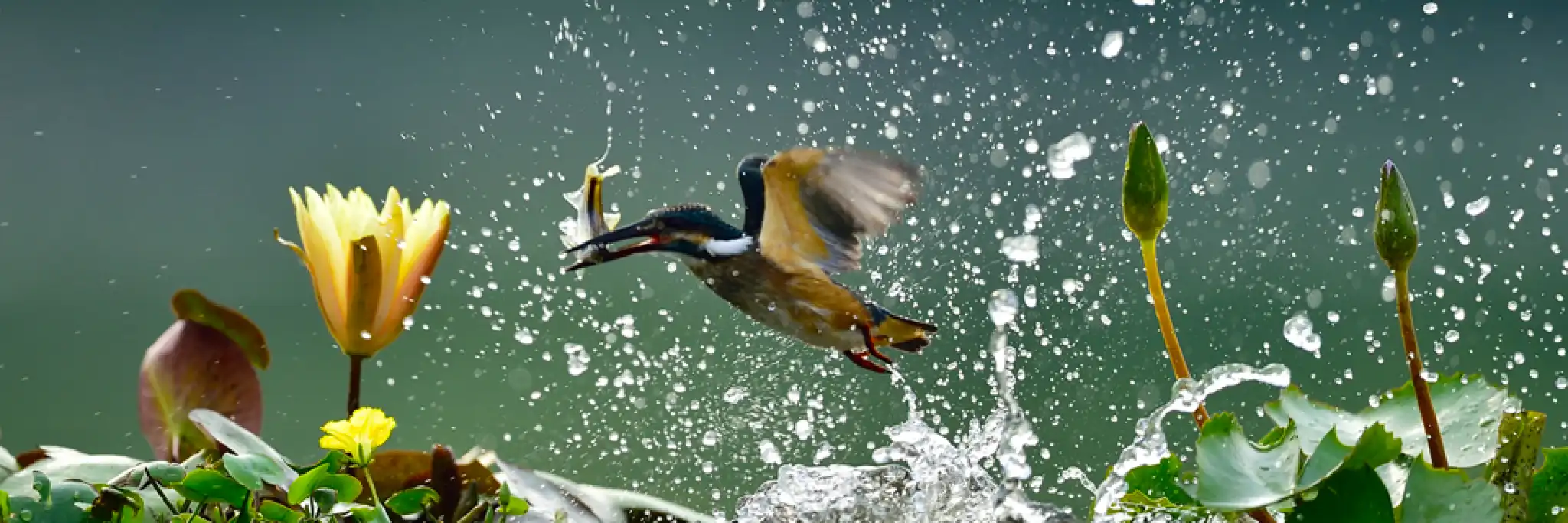
Food waste: a moral issue
In Laudato si’, Francis condemned the waste of around a third of food produced, adding: “Food that is thrown away is as if it were stolen from the table of the poor”, not to mention that food waste contributes to rising greenhouse gas emissions and, consequently, to climate change with all its harmful consequences.

Towards an ecological conversion
With a modernity of vision that admits no turning back, Francis repeatedly appealed for an “ecological conversion” that extends to eating habits, in favour of more sober, responsible, and sustainable choices — for example, reducing meat consumption and favouring local and sustainable products — as part of a lifestyle with lower environmental impact and greater social justice.
Also in the encyclical Laudato si’, Francis highlighted the value of traditional, small-scale farming systems, capable of feeding much of the world’s population with lower environmental impact, but often threatened by extractive and industrial projects. The encyclical further warns against the economic and environmental risks linked to land concentration, biodiversity loss, and the precarisation of agricultural labour.
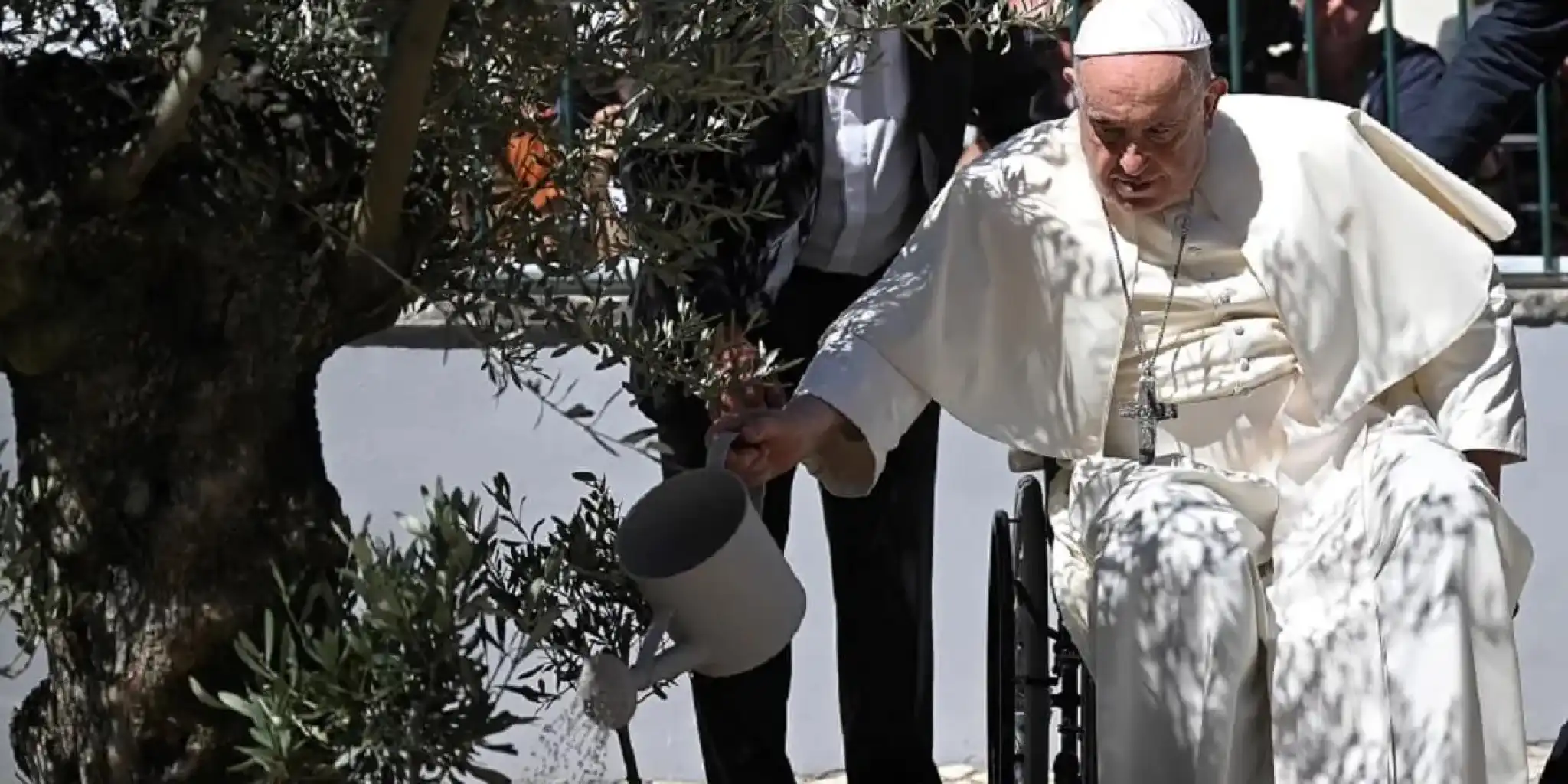
The legacy
The commitment of Leo XIV’s predecessor to ethical and sustainable agriculture has left an indelible mark on the Church and society; he gave environmental sustainability a universal, accessible language, able to unite spirituality, ethics, and public policy.
With the unprecedented choice of dedicating an entire encyclical to the environment, the head of the world’s largest and most influential religious organisation sought to elevate ecology and sustainability from the purely scientific level to the moral, social, and political.
In a world marked by inequalities and environmental crises, the guidelines drawn by Francis remain a powerful call to collective responsibility and the need for radical change in our lifestyles, to build a more just and sustainable future for all.
